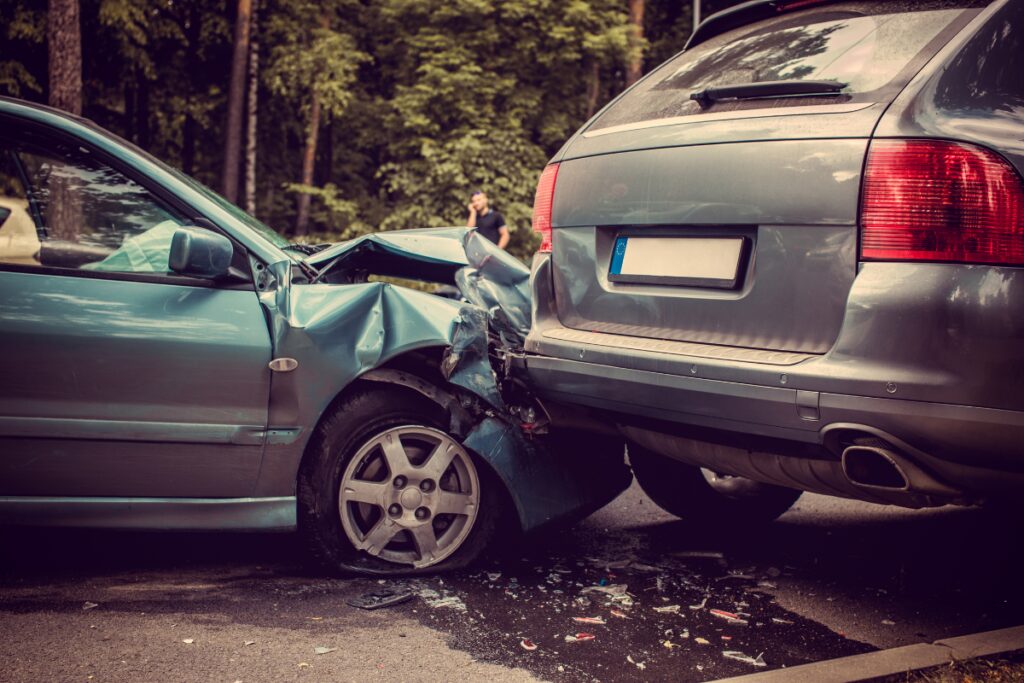San Antonio is one of Texas’s largest and most historic cities, famous for the Alamo, the River Walk, and its vibrant cultural scene. But with its rapid growth, busy streets, and heavy traffic, car accidents are unfortunately common and often leave victims dealing with serious injuries and financial stress.
Liability after a crash can be complicated. It’s not always just the other driver at fault—multiple people or organizations could share responsibility. Whether it’s another motorist, a business, or even a government agency, there are many possible parties who may be held accountable for your accident.
In this article, we’ll break down the different people and entities who could be liable for a car accident. You’ll also learn how an accident lawyer serving San Antonio can help identify the at-fault parties, protect your rights, and fight for the compensation you deserve.
Who Can Be Held Liable for Your Car Accident?
After a car accident, determining who is at fault can be more complicated than you might think. The person directly responsible is often the driver of the other vehicle, but liability can extend beyond that. Depending on the situation, several parties could be held accountable for the crash.
1. Another Driver
The most common liable party in a car accident is the other driver involved. If the driver was speeding, distracted, or driving under the influence, they may be fully responsible for the crash. In these cases, their insurance is typically the first place to seek compensation.
Texas law requires drivers to carry a minimum amount of liability insurance. The minimum coverage is $30,000 for bodily injury per person, up to $60,000 per accident, and $25,000 for property damage. If the responsible driver’s insurance doesn’t cover your damages, you may need to file a claim with your own insurance or pursue additional legal action.
2. The Employer of a Commercial Driver
If the driver at fault is working for a company at the time of the accident, their employer may also be held responsible. This is common with commercial vehicles like trucks or delivery vans. Employers are generally liable for the actions of their employees while they’re on the job, especially if the driver was following company instructions or driving within the scope of their employment.
Under Texas law, an employer can be held liable for an employee’s negligent acts if the act occurred during the course of employment. If the truck driver was using the vehicle for work-related duties, the employer can be held accountable under the doctrine of “respondeat superior,” which holds employers responsible for their employees’ actions.
3. Vehicle Manufacturers or Parts Suppliers
If the cause of the accident is due to a defective vehicle or faulty parts, the manufacturer or parts supplier could be held liable. Texas law allows for product liability claims when a defect in the vehicle or its components causes harm. This includes issues such as faulty brakes, airbags that fail to deploy, or defects in steering systems.
4. Government Agencies
Sometimes, a government agency could be held responsible for an accident, particularly when poor road conditions contribute to the crash. If the road was poorly designed, had inadequate signage, or contained hazards like potholes that were not properly maintained, the government entity in charge could be at fault.
Under Texas Tort Claims Act (Texas Civil Practice & Remedies Code Section 101.021), government entities can be sued for negligence if the accident occurred due to unsafe road conditions. However, claims against a government entity are more difficult to pursue. They are subject to specific procedures, such as filing within 6 months of the incident and following strict guidelines for suing the state, county, or city.
Understanding who can be held liable for your car accident is critical to pursuing compensation. Identifying the responsible parties early and seeking legal guidance is important, especially in complex cases involving multiple liable entities. An accident lawyer can help you navigate these complexities and ensure you are fairly compensated for your damages.

